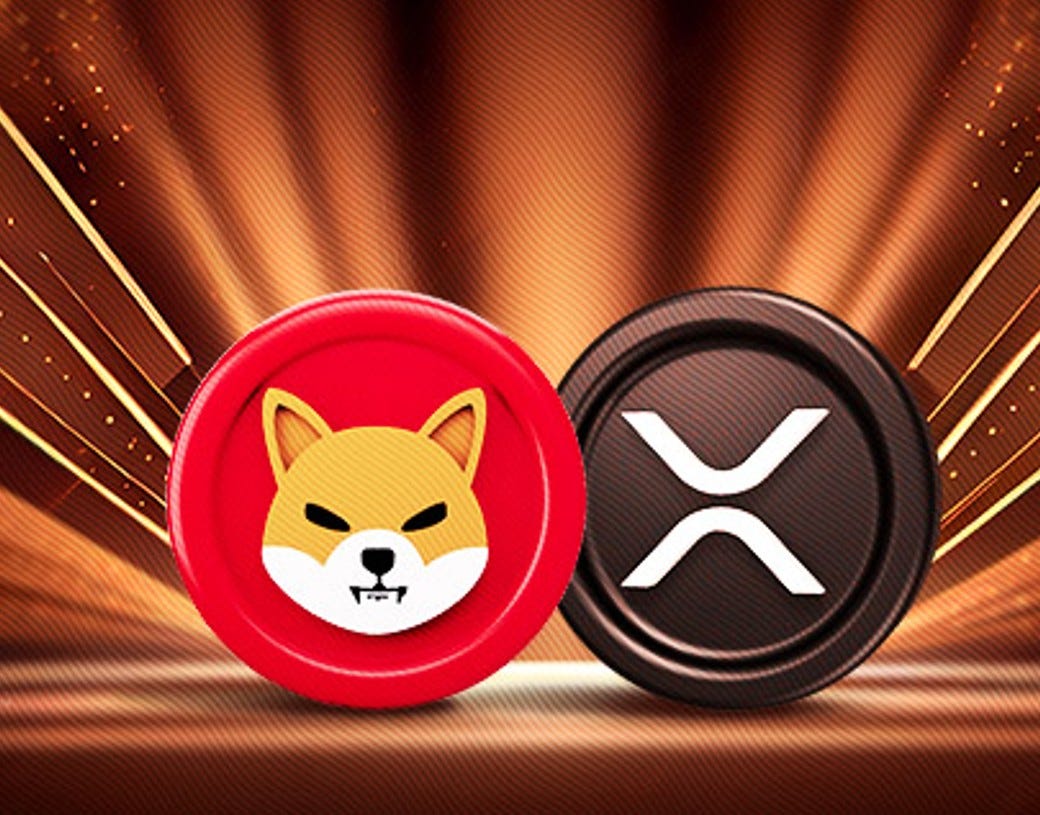
Shiba Inu and XRP’s mainstream adoption was substantially boosted after BitPay, the prominent crypto payment gateway, recently joined forces with Banxa, a Canadian payment provider. This collaboration aims to introduce new local payment methods for crypto buyers worldwide, expanding the accessibility of digital assets.
Beyond Shiba Inu and XRP, users can now utilize these additional payment methods to purchase a variety of cryptocurrencies supported by BitPay, such as Bitcoin [BTC], Ethereum [ETH], Bitcoin Cash [BCH], Dogecoin [DOG], Binance USD [BUSD], USD Coin [USDC], Cardano [ADA], and Litecoin [LTC].

According to the blog post, it’s made clear that teaming up opens doors for crypto fans all over – North and South America, Europe, Asia, Africa, and Oceania. Making use of local payment options doesn’t just make paying easier, but also it’s a handy replacement for old methods.
RephraseBitPay joining forces with Banxa means these local ways to pay are now part of the BitPay platform. This significant move is outlined in detail on their blog.
Shiba Inu & BitPay: Redefining The Mainstream Adoption
BitPay has boosted the use of crypto, helping different digital coins, especially well-known meme coins such as Shiba Inu. Not long ago, BitPay launched a novel feature named BitPay Bill Pay. This invention has changed how Shiba Inu users handle their money matters.
The advanced payment tool created together with Method Financial, a banking service, provides immediate bill and debt collection. According to the initial announcement, fans of Shiba Inu can pay bills directly from BitPay’s own wallet app using BitPay Bill Pay.
However, this covers various payments, including credit card bills, mortgage payments, car loans, and personal loans. The integration of these practical features enhances the utility of Shiba Inu. It also demonstrates BitPay’s commitment to providing seamless and efficient financial solutions for the crypto community.
Related Reading | Spot Bitcoin ETF Approval In 2023: Novogratz’s Bold Prophecy Amidst SEC’s Shifting Stance








